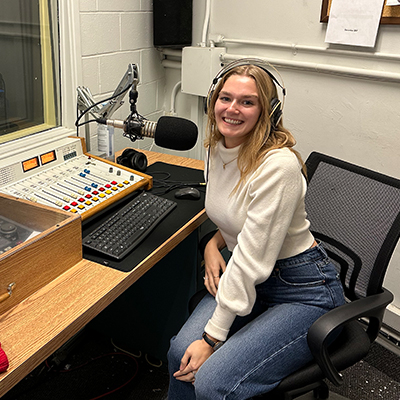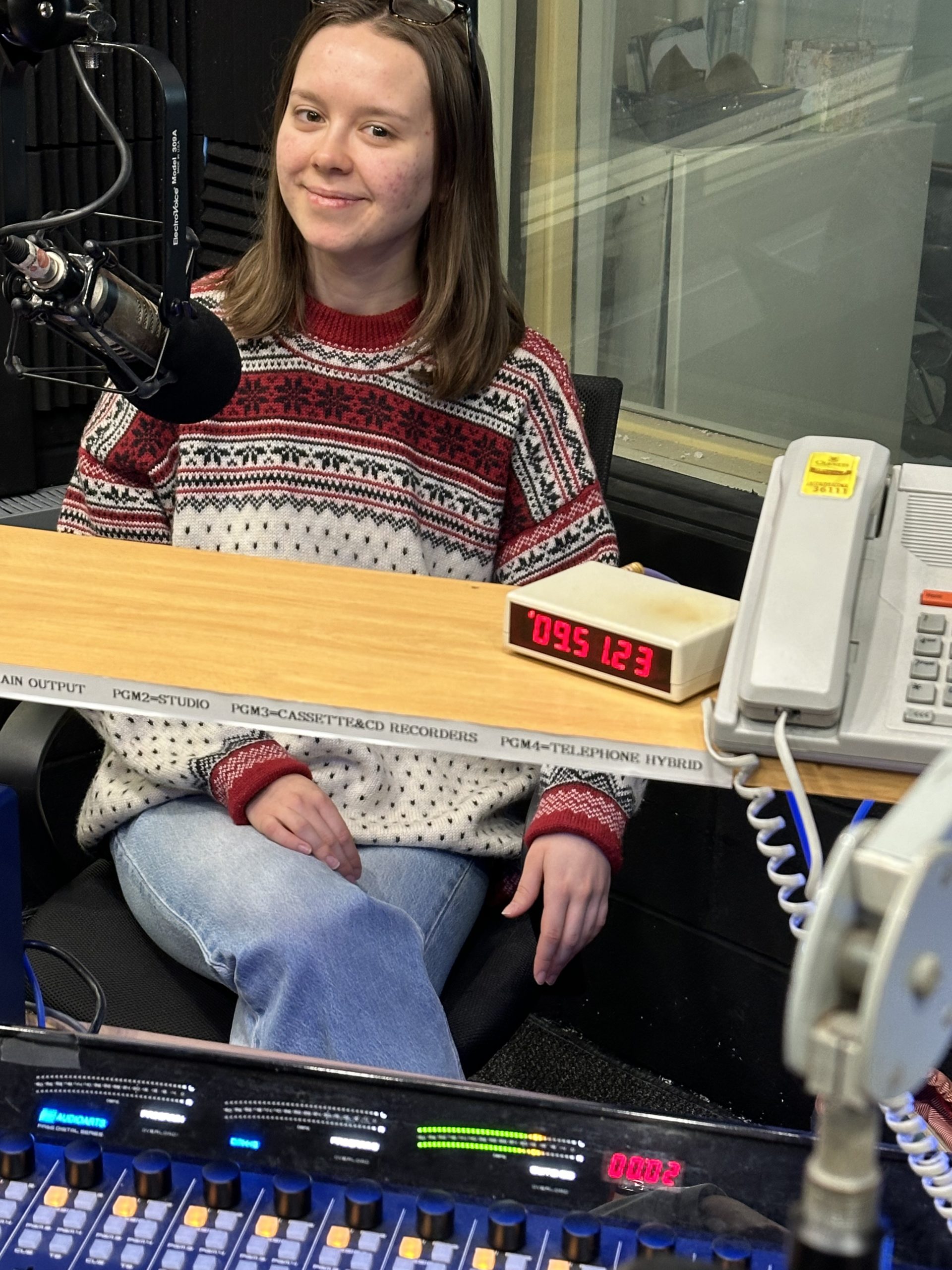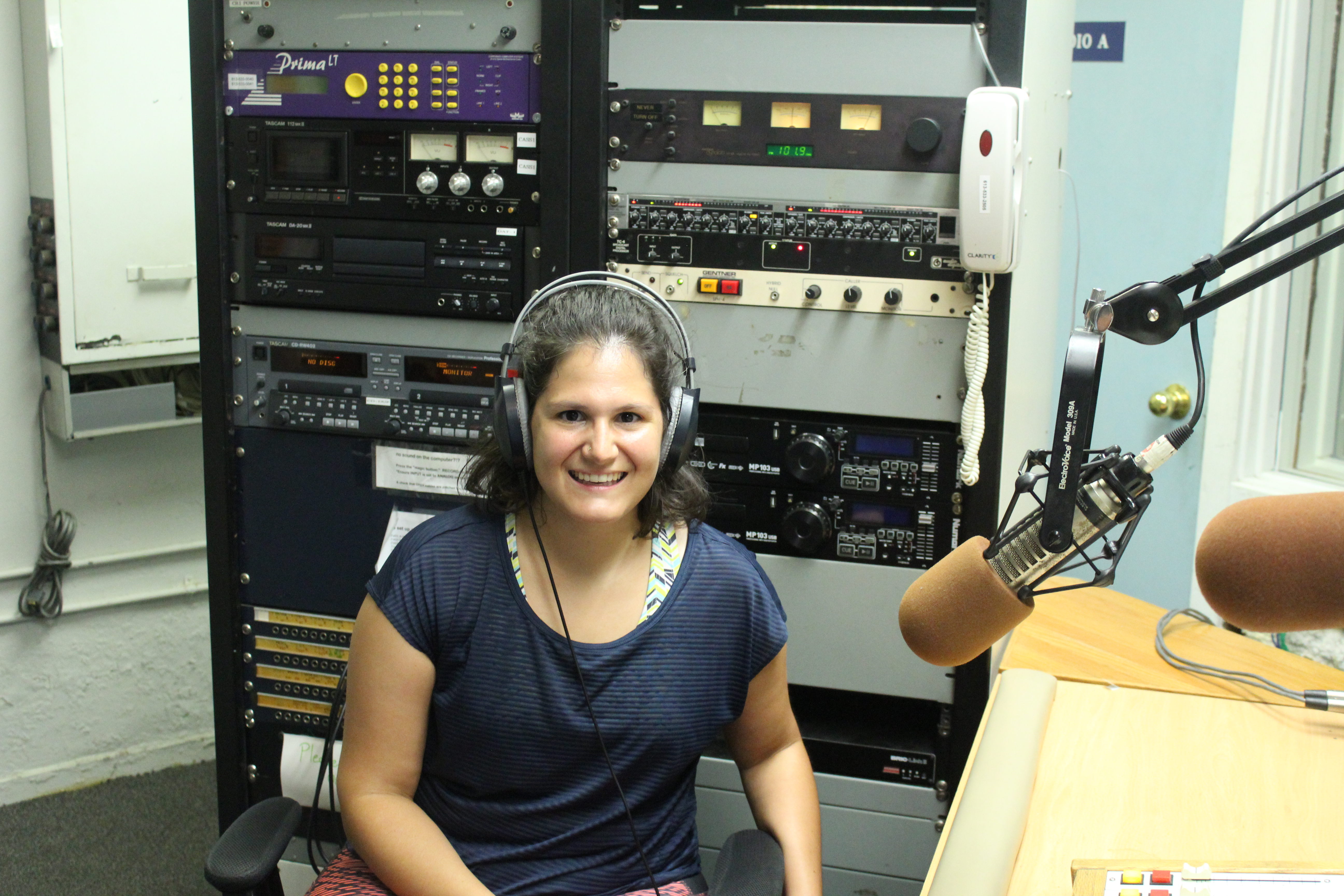Chemistry educators are turning to new technology like virtual reality (VR) to bring their students three-dimensional, interactive, and user-controlled learning environments to conceptualize molecular models. With the emergence of VR in chemistry classrooms, educators and developers must consider students’ varying spatial abilities in VR design to ensure that students are not overwhelmed. Students may experience cognitive overload in VR, where they exceed the amount of working memory that can be applied to the task.
For upcoming interviews check out the Grad Chat webpage on Queen’s University School of Graduate Studies & Postdoctoral Affairs website – https://www.queensu.ca/grad-postdoc/research/share/grad-chat

It seems there is not any post added into Read Later list.

Julianna talks about how we are losing biodiversity at an alarming rate, largely because of human-caused habitat degradation and loss. Yet, some species are...

Topic: Geosynthetics in Site Remediation. Overview: Contaminated sites are a worldwide problem from fuel spill affected areas in Antarctica to brownfield site reuse in...